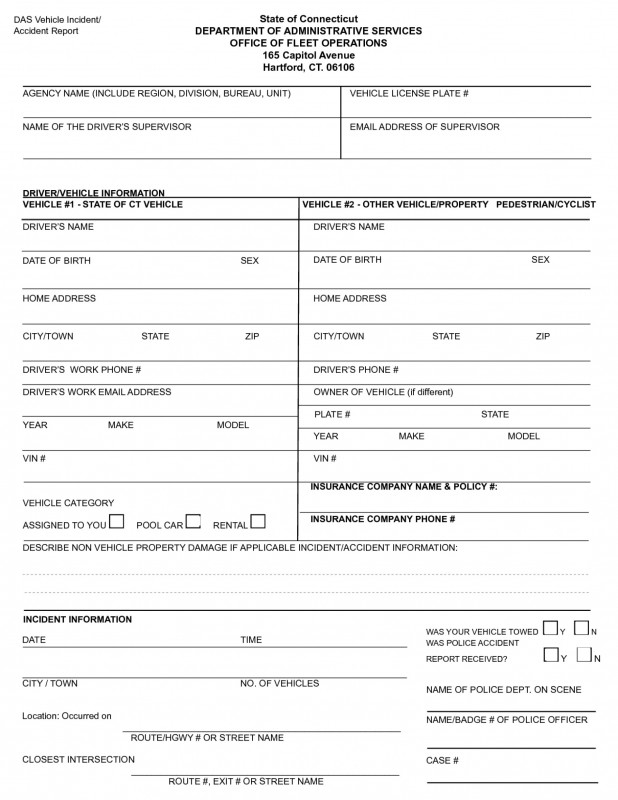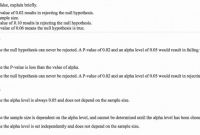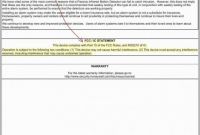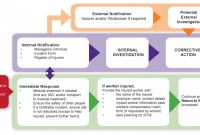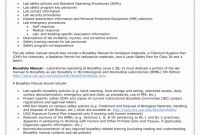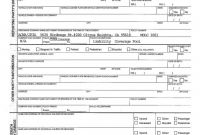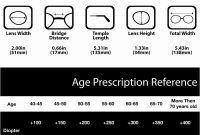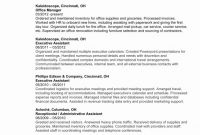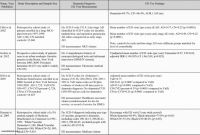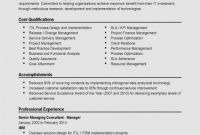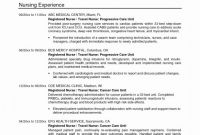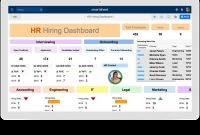We are going to accustom a lot of parts later regards to Incident Report Log Template which you must resign yourself to for your guide. Absolutely it’s not hard to locate it in this website, because we prepare some of them that we have given.They are made definitely flexible. In the wisdom that it can be adjusted or changed. We prepare various design ideas of Incident Report Log Template.They have a really lighthearted look. Most recently accompanied by others. You can acquire it in Microsoft Office Word format and fine-tune them well.However if you are not skillful to locate what you are searching for here next we will suggest you to type new keywords. I think the Incident Report Log Template which you are searching for is really great for you in the future.
Reports are always filled once important guidance but at the similar time, they’re naturally lovely boring. People tend to look them as teetotal and, as a result, they end paying attention pretty quickly regardless of how important the relation at the heart of the financial credit happens to be.
Now, you can guarantee this won’t happen to you once these completely free, visually striking and attractively compelling financial credit templates. Not without help are they categorically easy to use directly from your own Web browser, but as an other further you can in addition to pick from our library of totally free, visually interesting deposit images to really incite shove your results even farther.
It doesn’t a matter what type of counsel you’re maddening to broadcast, what type of way of being you’re infuriating to create or what type of look you desire to leave people when all element you habit is comprehensible right in stomach of you.
Some benefits of using these Incident Report Log Template:
- Printable. It can be directly used by placing images on a worksheet (you can use Photoshop, Corel Draw, or other graphic design programs);
- Editable. This Incident Report Log Template can be opened and customized with Microsoft Office Word and PDF with any version;
- Easy to use by anyone;
- You can save the file for free.
